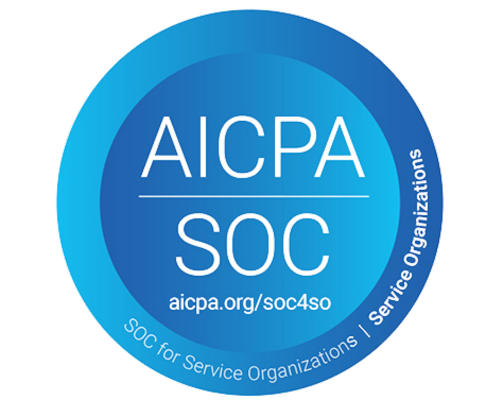Why Brokers Need to Partner With an ACA Compliance Tool
Offer Clients Peace of Mind by Adding ACA Compliance to your Client Offering

As a broker, you have a crucial role in ensuring your client's compliance with the Affordable Care Act (ACA). However, navigating the complexities and ongoing changes to the ACA regulations can be challenging. Fortunately, there are ACA compliance solutions that can help streamline the compliance process for you and your clients.
What Is an ACA Compliance Solution?
An ACA compliance solution is a software tool that provides your clients with the necessary resources and tools to stay compliant with the ACA regulations. The solution may include an online portal that enables clients to upload required data, monitor their compliance status, and generate essential reports.
As a broker, you also benefit from the ACA compliance solution. The solution should offer you the ability to monitor your clients' compliance status and receive alerts in case of any compliance issues. This way, you can proactively address any potential compliance concerns before they become bigger problems.
Why Is ACA Compliance Important for Insurance Brokers?
The Affordable Care Act (ACA) was enacted in 2010 and is crucial for brokers who specialize in group health insurance. This is due to the Employer Mandate, which requires Applicable Large Employers (ALE) with 50 or more full-time employees or equivalents to offer affordable health insurance that meets minimum value standards to at least 95% of their full-time employees and dependent children up to age 26.
For health insurance to be considered affordable, an employee's contribution for employee-only coverage should not exceed 9.83% of their household income in 2021. A plan meets the minimum value requirement if it covers at least 60% of the cost of covered services such as deductibles, copays, and coinsurance.
Non-compliance with the ACA can result in penalties from the IRS, which may exceed $200 billion for liable ALEs over the next decade. This is why many employers seek guidance from their benefits advisor to ensure they comply with the law.
Since the Employer Mandate was introduced in 2015, ALEs have relied on their brokers for advice, updates, strategies, and technology to stay compliant. Brokers play a critical role in helping ALEs complete ACA reporting and ensure they offer affordable health coverage that meets minimum value standards.
Non-compliance with ACA reporting can result in employers receiving Letter 5699, and failing to comply with the Employer Mandate can lead to a proposed assessment via Letter 226J. The stakes are high, and brokers must be prepared to assist clients with responding or refuting the IRS's claims. In some cases, ALEs may even expect brokers to share the financial burden of non-compliance.
Reposition Your Relationship From Broker To Trusted Advisor
To prove compliance with the ACA, your groups must file 1094-C and 1095-C forms with the IRS for every qualifying employee. However, this process is time-consuming and prone to human error, which can lead to costly IRS fees. Luckily, ACA compliance solutions can help streamline the reporting process, reduce manual workload, and ensure your groups remain compliant.
With an ACA compliance solution, your groups can determine their ALE status, track their variable-hour employees, prove affordability, generate the necessary forms, and submit or e-file the required forms to both employees and the IRS.
While some third-party companies offer full-service solutions for your clients' filings, maintaining in-house ACA reporting can help you build long-term, consultative relationships with your clients and establish yourself as their trusted partner. By introducing an ACA compliance solution as an add-on tool to their benefits administration software, you can offer a valuable solution that saves your clients time and money, while ensuring their compliance with the ACA.
Have Questions or Need More Information?
We will get back to you as soon as possible.
Please try again later.


HRlogics



